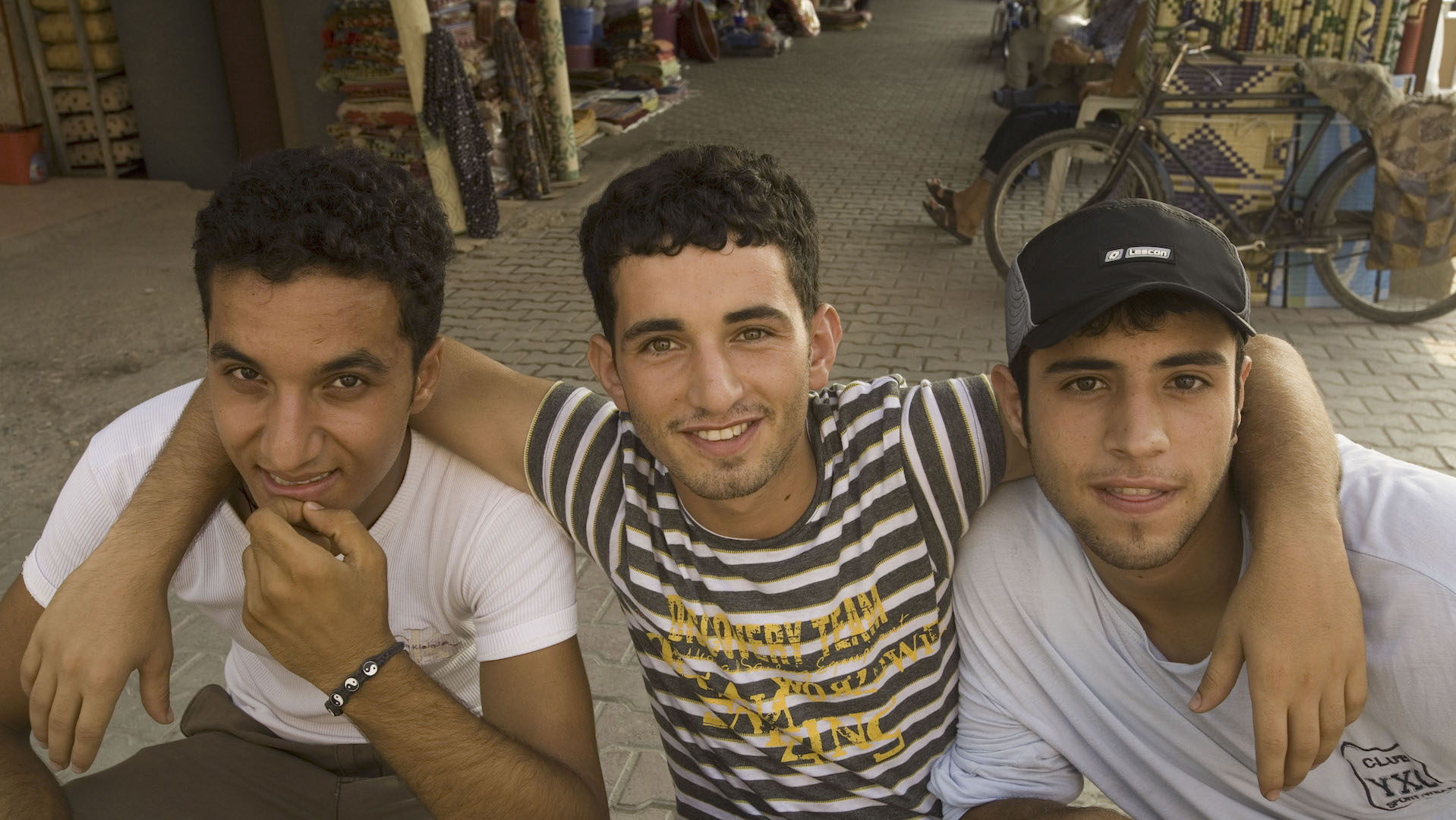
What comes to mind when you hear the words “unreached people group?” You might think about a missions conference you attended, your copy of Operation World, or maybe even the last mission trip you took. The number 6,700 (the number of remaining unreached people groups) may also pop into your head. Or maybe—hopefully—you think about a particular people, a certain person, or your neighbors who live two doors down.
When you think of unreached peoples, there are likely specific people who come into your mind. You might see someone from a preliterate tribal society living in a forgotten corner of the third world. This would have been my answer a few months ago, and I expect that such a response would not be uncommon among most evangelicals.
After all, in the internet age, lack of access to the gospel seems to imply a lack of access to the wider world, either by choice or circumstance. It must be either a technological barrier or a linguistic one. Maybe this person simply has no access to the gospel because he cannot read or his native tongue is not written. Or maybe, as I learned earlier this year, there are unreached people without gospel access who do not fit this description at all.
“In the internet age, lack of access to the gospel seems to imply a lack of access to the wider world.”
The Face of the Unreached
Earlier this year I met someone who now represents a lack of gospel access for me. His name is Muhammad. While I was visiting his country, we met by sheer providence. A friend and I were walking down the beach one night, and we greeted the first group of locals we saw in our best rendition of their language. They were so “impressed” with our language skills that they invited us to sit with them for some tea and conversation.
Muhammad and his three friends were tour guides, all college-educated and (mercifully) fluent in English. The six of us spent a couple of hours together that evening and covered every topic from American movies to marriage and dating. This was the first of three nights we were able to spend with them.
One of the topics that came up during our time with these friends was religion. We spent time comparing and contrasting their Muslim faith with our Christian faith. They listened closely as we explained that Christianity teaches Jesus is the key to free and permanent forgiveness.
I will never forget Muhammad explaining to us how he had been trying for months to learn more about Jesus. In all of his searching, he was only able to find a very ancient online translation of the four gospels in his own language. It was more than a thousand years old and nearly impossible to read. All that he had gleaned from his struggle to read it was that Jesus was a good shepherd. He had no idea what that meant.
The Need
How was it possible that a college-educated man in his mid-twenties living in a Majority World country was unable to find a readable version of the gospels? Here was a devout Muslim man who had never met a Christian and yet wanted to read the gospel story, searched fervently for it, and found that it was unavailable to him in an intelligible form.
It was later explained to us that Muhammad’s country has banned all readable versions of the New Testament, online or otherwise. This means he and his countrymen are without gospel access. My prior assumptions about what it meant to be without access to the gospel had been too rigid to include Muhammad.
“God knew that Muhammad was halfway around the world from us on a manhunt for Jesus.”
Fortunately, the story did not end there. My friend and I were happy to tell Muhammad what Scripture means when it says Jesus is the Good Shepherd, our good shepherd. We were able to share the complete story of redemption with him and all of his friends. With the help of an IMB missionary in the area, we were even able to secure a Bible, Genesis to Revelation, in a modern translation of his language. We gave it to him the day before we left, but we have not heard from him since.
God knew that Muhammad was halfway around the world from us on a manhunt for Jesus. God knew that he was going to bring me and my friend right up to Muhammad’s beach towel to explain the grace extended to him through Christ. He knew that my friend and I would be able to find him a Bible he could easily read and understand. Thankfully, Muhammad received the best possible chance to hear the gospel despite the odds. Unfortunately, he is the exception rather than the standard.
Gospel Urgency
In the wake of this experience, I brought home much more than a few stories; I brought back a face to picture when I pray. It seems to me that this is a missing piece in the church. We have our numbers, our conferences, even our statistic-based guilt trips, but we seem to have become so inundated with stories and needs that we do not feel a sense of urgency.
I didn’t feel that sort of urgency until I met Muhammad. I did not get it really get it until the Lord provided a face with the need. Having that face gives me someone to love instead of a statistic to change.

